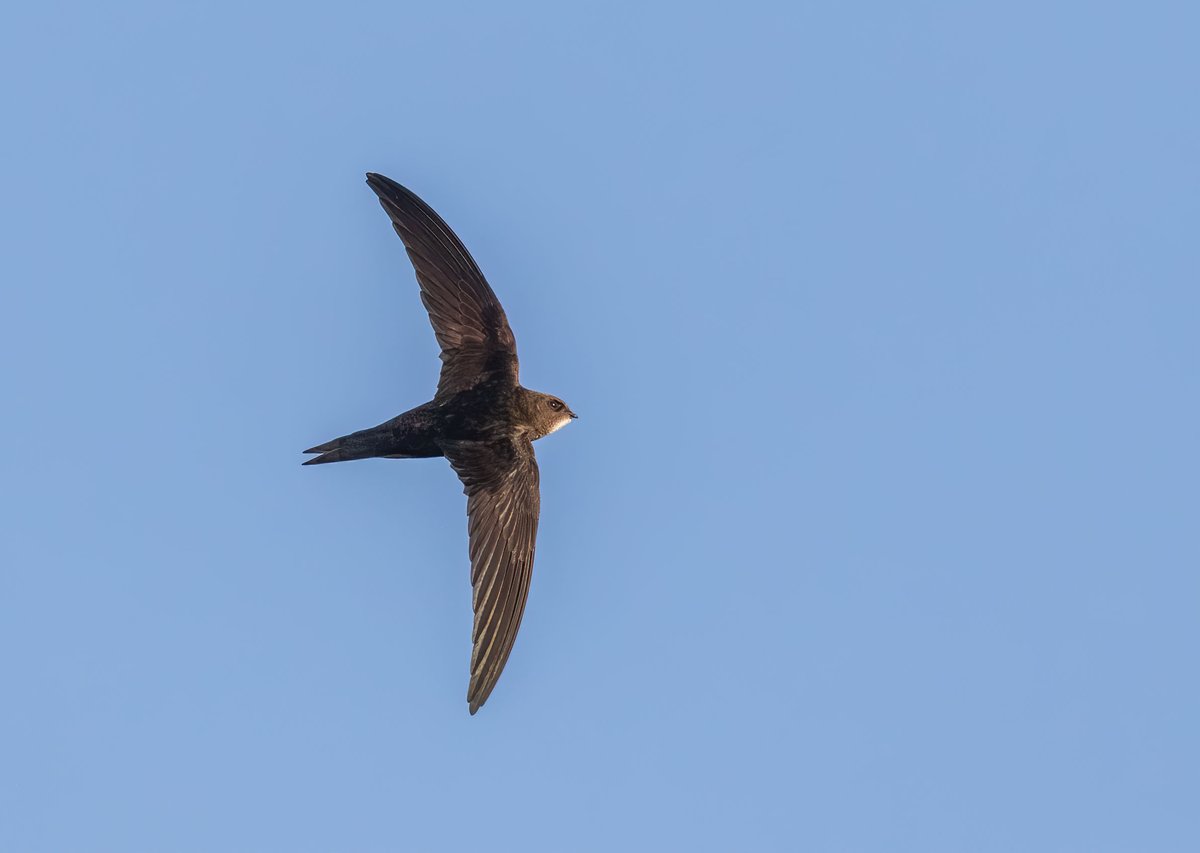
Let me deal with this separately. I did not say this year was the same as last year. I devoted tweets to explaining the subtleties, rather than crude parameters. I will explain the ecological relevance below.
https://twitter.com/Alexander_Lees/status/1396838373147480071
I do a lot of Odonata recording, often getting the first and last records for species for the whole of the UK. 2020 started off with good numbers of Odonata, especially damselflies. There have been very poor survival rates in recent years because of this weather.
Extremely hot days, followed by days where there is very little to no sun at all, is very bad for Odonata and other sun dependent insects, and their populations rapidly decline.
Generally warm sunny weather is good for dragonflies as they are on the wing, feeding and mating. However, this is only up to a point. In very hot weather say 25C+ it gets too hot, and often our species stop being active and take to shade. Presumably to stop overheating.
Likewise, on very dull days with no direct sun during critical periods of the day, much of our Odonata, Lepidoptera etc, doesn't take to the wing at all, because they bask to get up to flying temperature.
Therefore, in alternating very hot sunny days and very dull days with no sun, there is very little weather conducive to flying, feeding and mating. When you have prolonged adverse weather, the population notably declines.
My observations were based on adversity, where the overall weather conditions meant there was very little Odonata and other insect activity. This was because of the extremes in the weather, with no in betweens. 

I don't know how familiar with insect activity in the field, but the whole day is not equal. If there are sunny spells early morning, or just in the evening, it means very little.
If that unusual stuck in pattern weather is adverse to certain insect populations during the whole of their flight period, especially year after year, it can have big effects on these populations, and even distribution.
• • •
Missing some Tweet in this thread? You can try to
force a refresh











